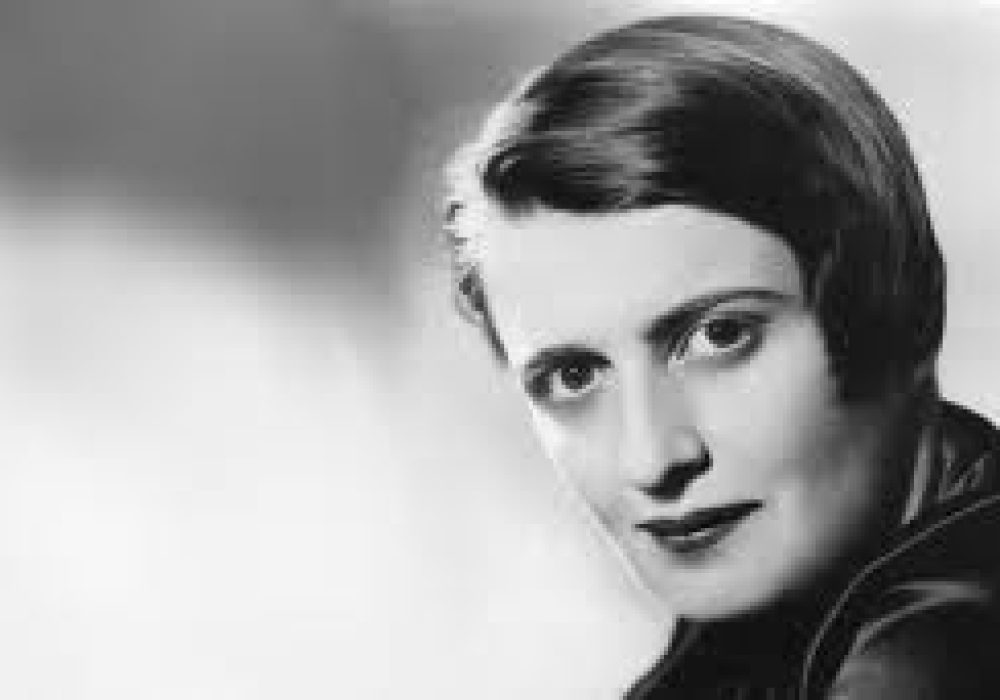The continuing success of the books of Ayn Rand, even among Catholics, reveals the influence of her thought in debates on the role of the individual, community, market, and state in modern societies. At the same time, Rand’s success may have obscured fundamental flaws in her thought. A closer look at her philosophical, moral, political, and economic positions brings into question both the legitimacy of her success as well as the credulity of her disciples and the American public. Is it possible for anyone to be a legitimate philosopher in an age of clever marketing and mass consumption?

